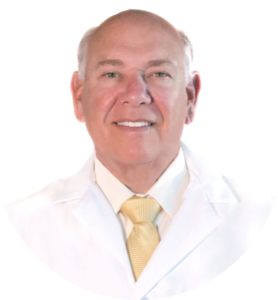Summary: The association between peripheral neuropathy and prediabetes, although not well known by clinicians, is well established in the scientific literature. It is estimated that up to 15 million prediabetics in the US may have peripheral neuropathy-making prediabetes, one of the least recognized and most common causes of peripheral neuropathy in the US.
After performing a literature review and meta-analysis of 23 relevant studies (n=6494), the prevalence of peripheral neuropathy in prediabetics was found to be 18%-as reported in 2018 in the JournalDiabetes. If accurate, these findings suggest that there may be as many as 15 million prediabetics in the US with peripheral neuropathy. Canadian and Indian researchers have published studies that have found the prevalence to be even higher.
Peripheral neuropathy is often the first clinical sign of prediabetes. Early diagnosis of prediabetes affords patients the opportunity to adopt lifestyle changes and therapies in the preliminary stages of the disease-when they have the greatest impact on preventing or delaying the progression of prediabetes to diabetes.
The neuropathy associated with prediabetes is clinically similar to early diabetic peripheral neuropathy, with preferential injury to small nerve fibers resulting in pain and autonomic dysfunction. To aid in making the diagnosis, clinicians should consider performing a skin biopsy, to determine intraepidermal nerve fiber density, and blood work including HbA1c and/or 2hrPP.
